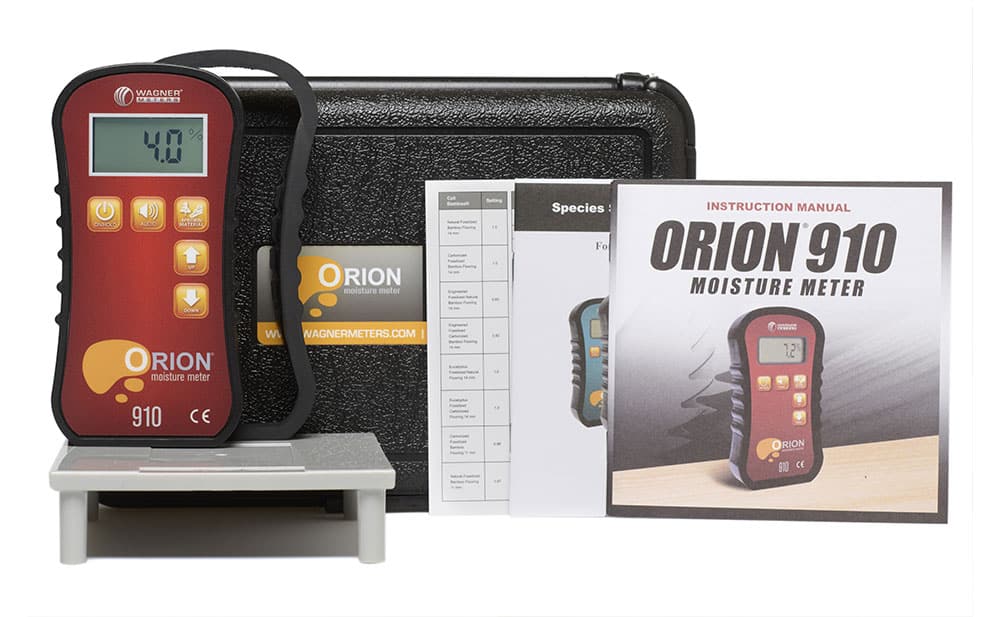The Ultimate Overview to Picking the Right Moisture Meter for Your Requirements
The Ultimate Overview to Picking the Right Moisture Meter for Your Requirements
Blog Article
The Ultimate Guide to Wetness Meters: A Comprehensive Introduction and Exactly How They Can Save You Cash
In the realm of building upkeep, building and construction, and different industries, the importance of properly gauging wetness degrees can not be overstated. Moisture meters function as indispensable tools in spotting and keeping track of moisture web content in materials, assisting in stopping expensive problems and making sure the quality of items. Understanding the subtleties of different kinds of dampness meters, their applications, and the potential cost-saving advantages they provide can be a game-changer for experts and businesses alike. Uncovering how these devices can not just streamline processes but likewise add to financial cost savings is a trip worth embarking on.
Kinds of Wetness Meters
One typical type is the pin-type wetness meter, which determines the electric resistance between two pins inserted into a product. Pinless moisture meters, on the other hand, use electro-magnetic sensing unit plates to check a larger area without creating damages to the product's surface.

Moreover, there are likewise specialized wetness meters developed for specific products like soil, grain, or hay. These meters provide exact wetness analyses tailored to the unique buildings of the material being examined. Infrared wetness meters measure the thermal buildings of a material to determine its dampness content non-invasively, making them valuable for applications where pin or pinless meters may not be ideal. Recognizing the various sorts of wetness meters available can aid industries pick the most proper tool for their certain moisture measurement needs.

Advantages of Using Dampness Meters
Wetness meters provide very useful advantages in accurately examining and monitoring moisture degrees in varied materials and atmospheres. One of the primary advantages of making use of wetness meters is the prevention of prospective damage caused by excess wetness.
Moreover, using moisture meters can lead to boosted energy efficiency. In farming setups, wetness meters play an essential function in optimizing crop returns by enabling farmers to check soil wetness degrees and make informed irrigation decisions.
How to Pick the Right Moisture Meter
Choosing the ideal moisture meter includes taking into consideration key aspects such as material compatibility, measurement variety, and calibration precision. When choosing a wetness meter, it's essential to guarantee that the meter appropriates for the details material you will certainly be testing. Different materials have varying electrical residential or commercial properties that can impact dampness analyses, so picking a meter made for your material is critical for precise results. In addition, think about the dimension variety of the moisture meter. Ensure that the meter can discover wetness levels within the array needed for your applications. Calibration precision is an additional critical factor to maintain in mind. Select a dampness meter with dependable calibration to ensure consistent and precise analyses. Some meters might need regular calibration changes, so understanding the calibration procedure is essential. By carefully reviewing these variables, you can pick a dampness meter that satisfies your demands and provides accurate moisture measurements for your tasks.
Appropriate Strategies for Wetness Meter Use

Expense Cost Savings With Dampness Meter Applications
How can the critical use of moisture meters lead to considerable cost financial savings across numerous markets? In the farming market, moisture meters help in identifying the go to my site optimal time for harvesting crops, stopping over-drying or excess moisture that can impact the final item's quality.
In a similar way, in building, dampness meters assist prevent expensive problems by identifying moisture degrees in structure materials, such as wood or concrete, which can bring about architectural problems otherwise addressed immediately. By identifying trouble areas early, contractors can take restorative procedures to avoid comprehensive fixings or substitutes, ultimately saving time and cash.
Furthermore, in the food processing sector, dampness meters are important for keeping an eye on product top quality and making certain compliance with safety guidelines. By properly gauging dampness web content in food, producers can stop perishing, preserve quality, and lower waste, causing substantial price financial savings. In general, the calculated application of original site wetness meters is a useful financial investment that can cause considerable expense reductions and visit this site right here boosted efficiency throughout numerous industries.
Verdict
In conclusion, dampness meters are valuable devices for spotting and gauging moisture degrees in numerous materials. By using the right moisture meter and adhering to correct methods, individuals can efficiently avoid costly problems created by excess wetness. Buying a top quality dampness meter can cause significant cost financial savings in the future by identifying possible problems early on and enabling punctual remediation. Ultimately, dampness meters are vital instruments for keeping the stability and longevity of frameworks and materials.
Dampness meters serve as vital devices in spotting and keeping an eye on moisture material in products, aiding in avoiding pricey damages and making sure the quality of products. Infrared moisture meters gauge the thermal properties of a material to identify its dampness content non-invasively, making them helpful for applications where pin or pinless meters might not be ideal.Moisture meters supply indispensable benefits in properly evaluating and keeping an eye on wetness levels in diverse materials and atmospheres. In farming setups, moisture meters play an essential function in enhancing plant returns by enabling farmers to monitor soil wetness degrees and make notified watering choices.In verdict, dampness meters are valuable tools for discovering and determining dampness degrees in different products.
Report this page